I am delighted to be here with the lecturers and students of two departments, the students of Hausa language and African films, at this historic university of SOAS. It is a pleasure to once more meet Prof. Graham Furniss, who is my mentor, as well as Prof. Philip Jaggar, whom I met at the University of Hamburg in 2008. I would also like to extend my sincere appreciation and gratitude to Dr. Lindiwe Dovey who I am meeting for the first time. My good friend Prof. Abdalla Uba Adamu has informed me of her diligence as an editor. He worked closely with her on an article he submitted for a special edition of the Journal of African Cultural Studies for which she worked as an editor. It is indeed a pleasure to be here with all of you. Allah ya saka muku da alheri.
The film we will watch together is called Sandar Kiwo which in English can be translated as “The Shepherd’s Staff.” The film was produced by my company Gidan Dabino International. The company is based in Kano, in northern Nigeria. Gidan Dabino International is a well known publisher of Hausa language literature and producer of Hausa films. It was established in 1991 and has since published more than 250 books, which included novels, textbooks and poetry as well as produced and directed 17 Hausa films which included:
1994: In Da So Da Kauna 1, 2 and 3
1998: Kowa Da Ranarsa 1 & 2
1999: Cinnaka
1999: An Ci Moriyar Ganga 1
1999: Mugun Nufi
1999: Karshen Makirci
2000: Muktar 1&2
2000: Kadaran Kadahan
2000: Kyan Alkawari
2000: Kana Taka
2001: Ki Yafe Ni 1& 2
2001: Sarka 1
2002: Juhaina
2002: Asiya
2005: Tsautsayi
2006: Wahami
2009: Sandar Kiwo
The film had earlier been screened at the University of Warsaw, Poland on 2nd December 2009. Unfortunately I was not able to attend myself. The responses and suggestions by the students who watched the film were published in two weekly Hausa newspapers as well as in FIM magazine. I have also sent the film to Professor Joe McIntyre (Malam Gambo) of the department of African languages and Ethiopian Studies at the University of Hamburg, Germany. He will show it to his students.
Today after the film I will be happy to answer your questions. I am also very interested to hear your views, ideas and criticisms. But before that, let me give you a little bit of background information about the film.
Women’s Access to Justice Program
Northern Nigerians are predominantly Muslims. In January 1999 Alhaji Ahmad Sani was elected Governor of Zamfara State after a campaign that promised he would ‘improve on our religious way of worship, and introduce religious reforms that will make us get Allah’s favour.’ In October 2009 the governor officially ‘launched’ his program to adjust state laws to conform to Shari’a. During the following year eleven other northern Nigerian states followed with similar legislative programs (Ostien 2007: vii-xi).
In 2004 the Centre of Islamic Legal Studies (CILS) at Ahmadu Bello University, Zaria/Nigeria initiated the Promoting Women’s Rights Through Shari’a project. It conducted research into the situation of Muslim women in northern Nigeria. Its aims were twofold. On the one hand, it intended to identify positive practices, to encourage and promote them. On the other hand, it identified practices that under the pretext of Shari’a, tradition and culture violated women’s rights (Sada et.al. 2005: 6). The project report published by the British Council in 2005 contrasted these practices with the rights granted to women by the teachings of Islam. It was hoped to use the momentum of reform towards societies based on Shari’a to improve the position of northern Nigerian women through compliance by Islam’s teachings (Sada et.al. 2005: 6). The report is available in book form. The awareness campaign also draws upon Hausa videos, radio drama, Friday sermons among others to promote rights of women through Shari’a. A follow-up report Promoting Women’s Right Through Shari’a in Northern Nigeria-The Journey So Far was published end of 2009.
Sandar Kiwo emanated from this awareness campaign, more specifically the Women Shari’a Video Project (WSVP). The project identified Hausa home videos as an important medium for the dissemination of ideas. Hausa films are very popular within and beyond Nigeria. They are regularly watched by millions of viewers. The WSVP aims to support the production and distribution of Hausa home videos that address issues related to women’s rights under Shari’a in order to improve the situation of Nigerian Muslim women.
The WSVP supported the development, production, and distribution of six home videos by professional film producers. The scripts of these films address issues raised by the Promoting Women’s Rights Through Shari’a project report. Through a competition eight scripts were selected. The involved producers received financial assistance to develop them into video films as well as for their distribution. Weekly public screenings in two locations in Kano and Jigawa state were organized. Each show was followed by a focus group discussion in which the issues raised in the film were addressed. At the conclusion of the organized public shows, an evaluation was conducted at each of the locations to assess the films impact on awareness and attitudes of the viewers.
Sandar Kiwo derives from one of the selected scripts. The film addresses some of the abusive practices identified by the Promoting Women’s Rights Through Shari’a project. It discusses issues related to:
* Girl child education
* Marriage and marital relations
* Divorce
* Custody of children
* Economic rights
* Inheritance
* Property ownership
* Access to health and reproductive services
* Access to justice
* Criminal justice
The original Promoting Women’s Rights Through Shari’a project was also intended as a response to attacks on Islam concerning the position of women from within and outside Nigeria (Sada 2005: 6). Gidan Dabino International aims to give Sandar Kiwo the desired wide national and international attention. We advertised the film in local media and the internet. We approached universities in Africa as well as in the USA, Germany, United Kingdom, France and Poland.
I hope, we will all enjoy the film and I look forward to a lively discussion with you after screening. Again, please feel free to ask any questions especially concerning the film making, writing and publishing in Hausa language in the northern part of Nigeria.
Thank you all.
Sandar Kiwo Synopsis
Film Title: Sandar Kiwo
Language: Hausa
Sub-titles: English and French
Duration: 1:35 m
Year: 2009
Producer: Ado Ahmad Gidan Dabino
Director: Falalu A. Dorayi
Sandar Kiwo is a tragicomic story of Hafsat, an affable girl who lost her mother during her birth. At seven, a horrible car accident claimed her rich, generous and lovely father’s precious life before concluding her primary education.
The hapless Hafsat’s future hung in the balance as her only paternal uncle, Garba turned his back on her when she needed his help the most. Although, the orphan Hafsat’s inheritance was entrusted in Garba’s hands, Rahama, Hafsat’s step-mother, surprisingly was the one who rescued her from the ‘sea of ignorance’ by supporting her to successfully complete her secondary school education and her brilliant performance earned her a scholarship to further her study up to the University level.
Would the traitorous Garba pay where for his betrayal at the Shari’a court? Sandar Kiwo is a story of love, affection and betrayal, which is delight to watch.
Subscribe to:
Post Comments (Atom)
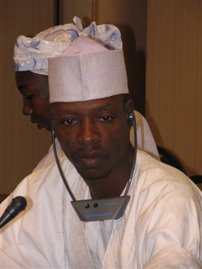




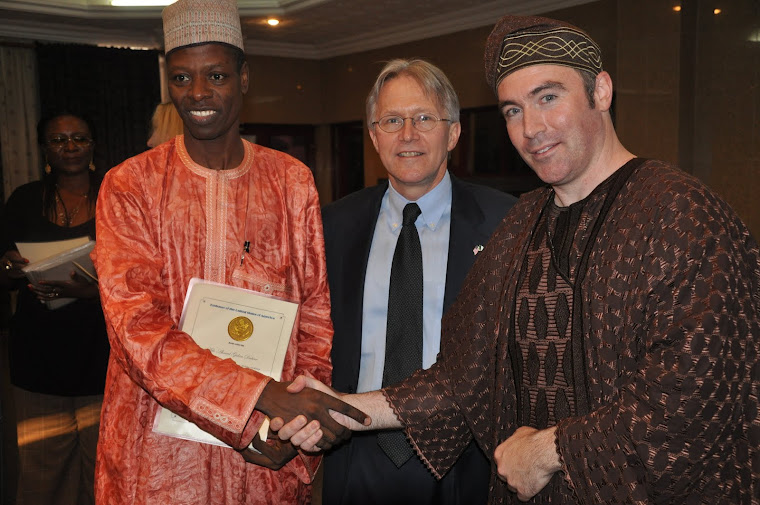










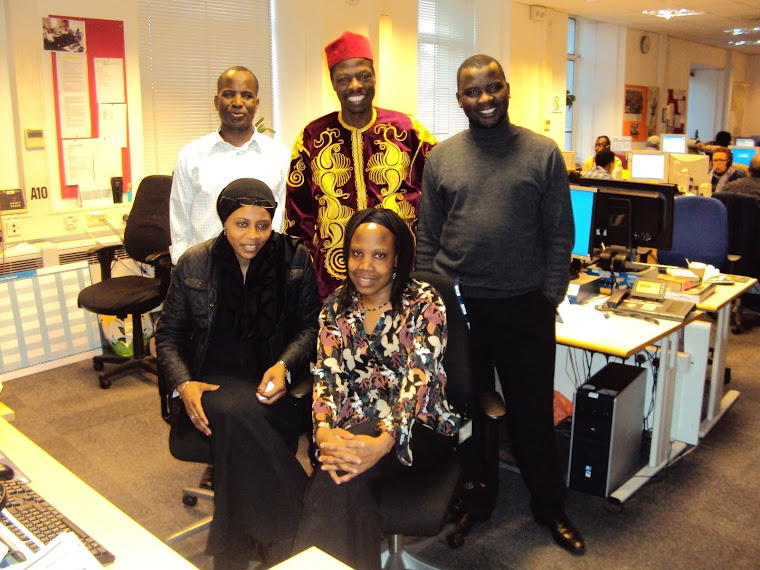




































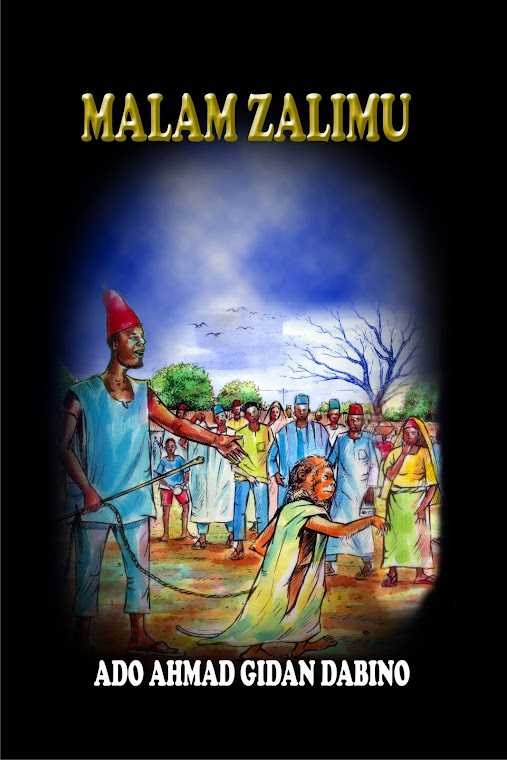










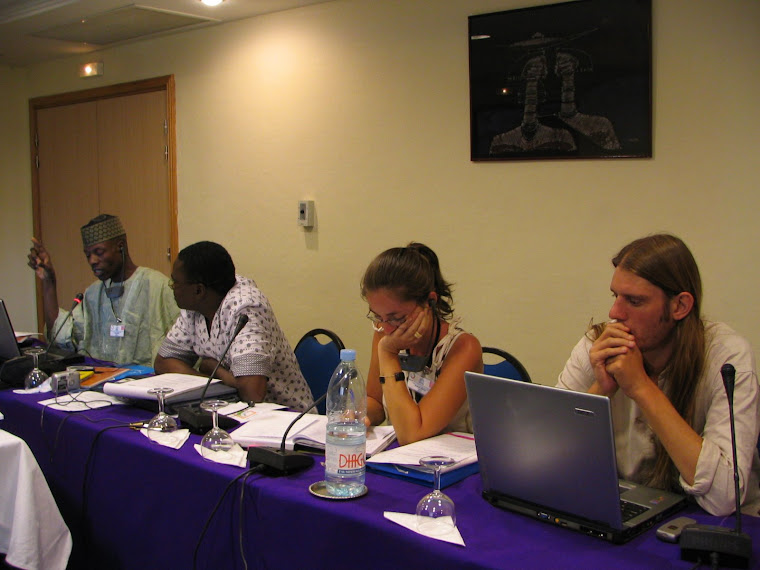















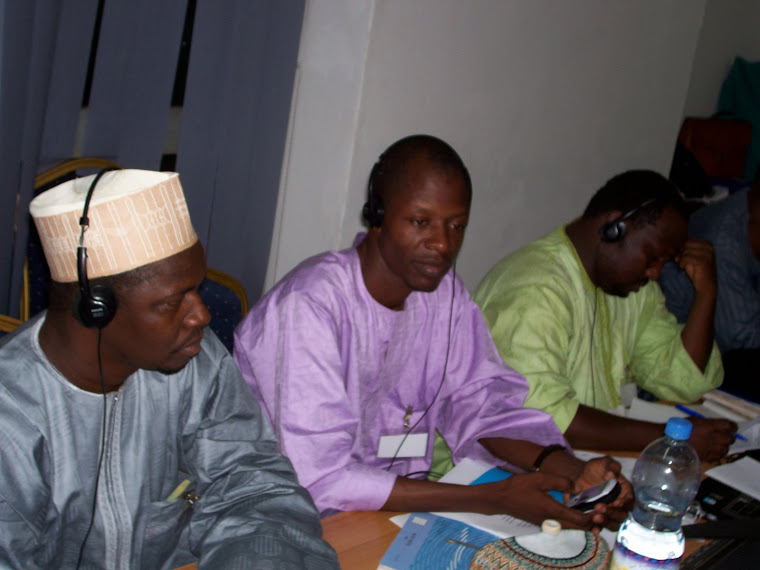

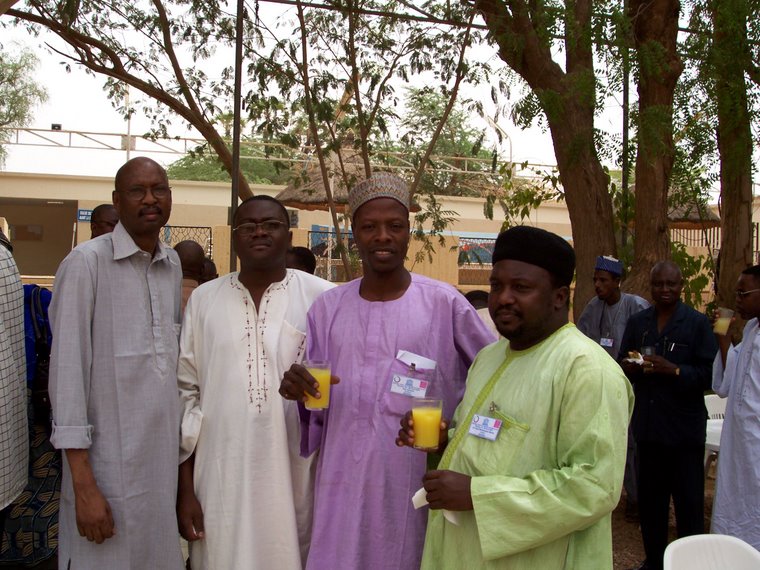
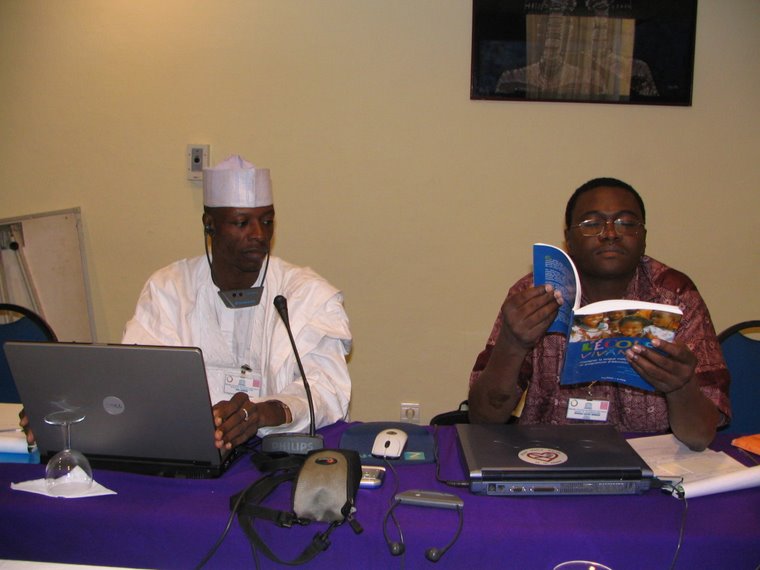
No comments:
Post a Comment